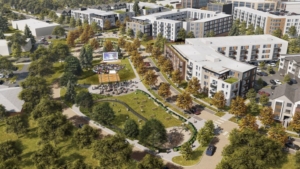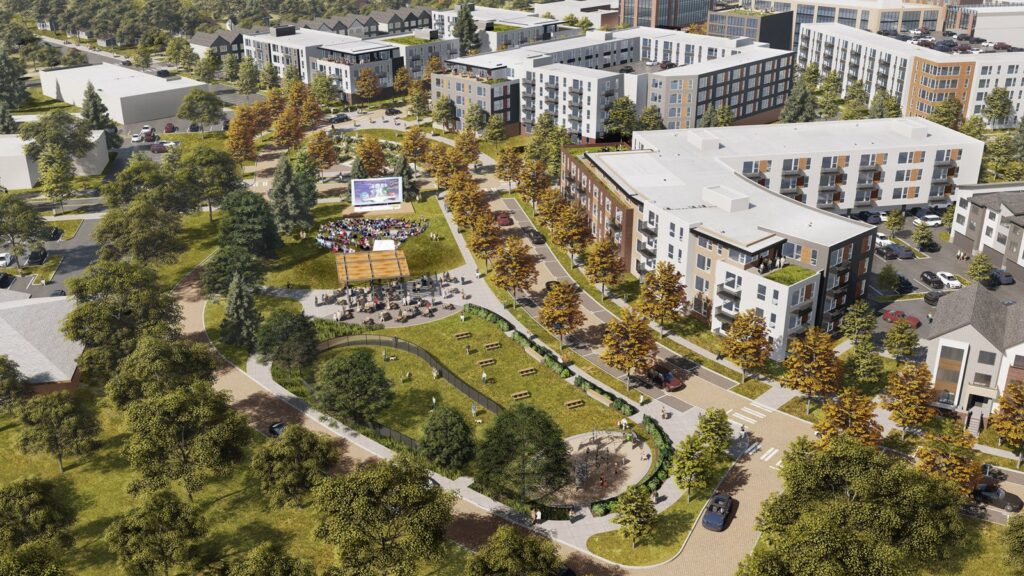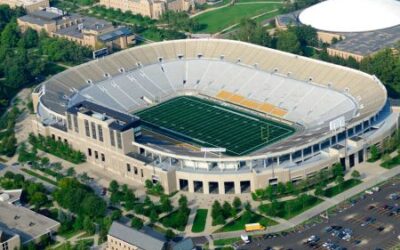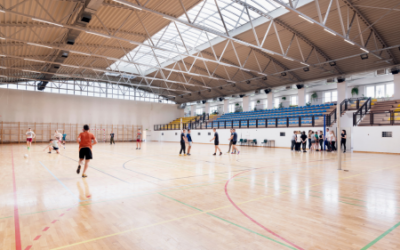Last week, the U.S. Department of Transportation announced $1.8 billion in funding for 148 infrastructure projects. Most of the funding is available for projects that make streets safer for people who travel on them in any way. Work on these projects should be under way by November of this year, and funding of this type will continue to be available through 2028.
The 23 projects are located in 17 states – Arizona, Arkansas, Colorado, Connecticut, Florida, Georgia, Hawaii, Iowa, Kentucky, Maryland, Michigan, Minnesota, Mississippi, New York, Vermont, Washington and West Virginia. The funding is evenly split between urban and rural areas.
A major road reconstruction project is planned for the city of Worthington, Minnesota. The project, funded by $27.6 million from the federal program, will include several key components. These components range from improving an L-shaped stretch of two intersecting roads to constructing improved sidewalks, shared-use paths, several roundabouts and grass boulevard strips. The project is currently in the development and design phase and is slated to be completed by the end of 2028.
Funding of $24.9 million was recently allocated to a roadway connector project in Charleston, West Virginia. The project carries an overall cost projection of $26.7 million, but city officials have already secured additional funding. Construction will primarily focus on reclaiming over 5 acres of existing roadway to make a safe space for pedestrians and bicyclists. When completed, the project will deliver a 3.5-mile stretch of protected bike lanes and pedestrian walkways, which will be made possible by reducing the road’s traffic lanes. Additionally, the project will upgrade lighting, stormwater drainage, crosswalks and bus stops.
Two other objectives will be addressed – accommodating increased pedestrian and bicycle traffic and enhancing connectivity between East and West Charleston. The effort will also improve access to heavily used bus stops, a local airport and an Amtrak station. The city anticipates a 10% increase in pedestrian and bike traffic along this road in the coming years, and the project will enhance commuters’ safety and travel quality. Currently in the design phase, solicitations for contractors are scheduled for release in 2024.
After receiving a $25 million grant, city officials in Mayfield, Kentucky, will soon launch a $31.5 million project to rebuild much of the city’s downtown area, which was devastated by a tornado in 2021. The storm destroyed 400 buildings and over 1,000 others, leaving some parts of the historic downtown empty fields. The project will reconstruct 2.5 miles of streets with ADA compliant sidewalks. Other project components include dedicated bicycle paths, traffic calming measures and the planting of trees. The new streetscape makes the downtown area more welcoming and better suited for economic development. Improvements will also include a 5-mile biking network connecting to the updated downtown area. Additional work will consist of constructing a stormwater sewer system designed to accommodate increases in rainfall and prevent flooding.

The Heights District in Vancouver, Washington. Courtesy of the city of Vancouver
Officials in the Heights District in Vancouver, Washington, will oversee a $21.4 million project to reconstruct and expand the city’s Grand Loop, improve streets and parks within the community and improve pedestrian and bike access. The Heights District is an urban mixed-use community in central Vancouver, and the funding came from federal funding programs. This reconstruction will improve the walkability of the north and east sections of the Grand Loop in the Heights Redevelopment Area. It will connect existing neighborhoods, add housing units, create bike lanes, designate parking areas and add ADA-compliant sidewalks. New segments of the loop will be enhanced to provide pedestrian access to the relatively new Heights community, a state initiative to build affordable housing, open new retail units and restaurants and develop a new park for the area. Solicitation documents for the project are expected in late 2024.
The city of Dubuque, Iowa, was awarded $25 million for a multimodal transportation initiative to improve streets, augment road safety, enhance community connectivity to work and improve recreation options. However, the project’s overall cost is expected to exceed $43 million. The project will call for constructing an overpass above existing railroad tracks to provide safe travel for automobiles, pedestrians and bikers. Roundabouts will be built to control traffic, reduce crash severity and create shared-use paths. Street work, when completed, will encourage alternative transportation and affordable transportation options, reduce emissions and decrease stormwater runoff. The work will include painted bike lanes, added sidewalks and improved crosswalks. The overpass represents the largest component of the project and will reduce significant traffic delays caused by trains. This effort is supported by funding from the federal government, local funding and private-sector railroad contributions. It is currently in the planning and design phase, with construction planned for late 2026 or early 2027.
Roadway projects of all types will benefit from this new funding allocation. Every state is expected to participate in this type of infrastructure improvement effort.







